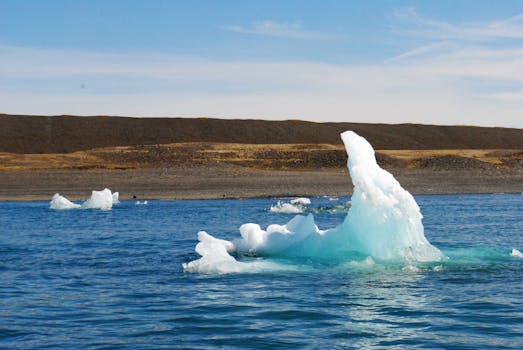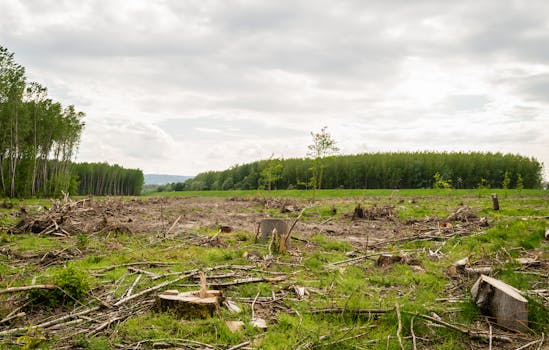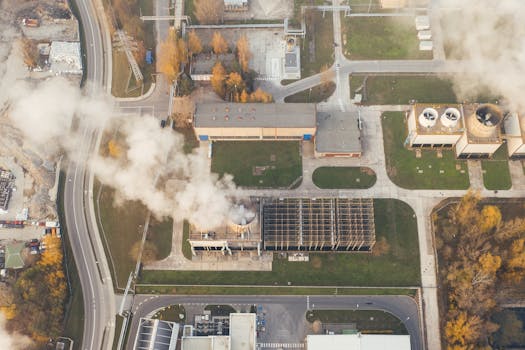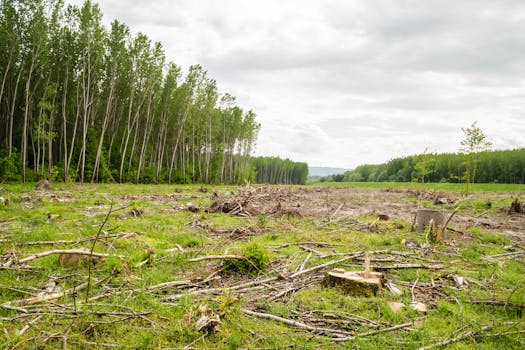
The Impact of Climate Change on Global Ecosystems
Climate Change is one of the most pressing issues of our time, with far-reaching consequences for the health of our planet. Rising temperatures, changing weather patterns, and increased frequency of extreme weather events are all taking a toll on global ecosystems, affecting everything from the tiniest microorganisms to the mightiest trees.
What is Climate Change?

Climate change refers to the long-term warming of the planet, which is primarily caused by the increasing levels of greenhouse gases in the Earth’s atmosphere. These gases, such as carbon dioxide and methane, trap heat from the sun and prevent it from being released back into space, leading to a rise in global temperatures.
Effects of Climate Change on Global Ecosystems

The effects of climate change on global ecosystems are widespread and varied. Some of the most significant impacts include:
- Rising sea levels, which are causing coastal erosion, flooding, and saltwater intrusion into freshwater sources
- Changes in weather patterns, leading to more frequent and severe droughts, heatwaves, and storms
- Loss of biodiversity, as many species are unable to adapt to the changing climate
- Disruption to food systems, as changing weather patterns and rising temperatures affect crop yields and food availability
Consequences for Human Societies

The consequences of climate change for human societies are far-reaching and devastating. Some of the most significant impacts include:
- Increased risk of water scarcity, as changing weather patterns and rising temperatures affect the availability of freshwater sources
- Loss of livelihoods, as climate-related disasters and changes in weather patterns affect agriculture, forestry, and other industries
- Increased risk of conflict, as competition for resources and habitat loss lead to social and political instability
- Negative impacts on human health, as climate-related disasters and changing weather patterns increase the spread of diseases and heat-related illnesses
What Can We Do to Mitigate the Effects of Climate Change?

While the challenges posed by climate change are significant, there are many steps we can take to mitigate its effects and protect global ecosystems. Some of the most effective strategies include:
- Reducing greenhouse gas emissions, through the use of renewable energy sources, increased energy efficiency, and electrification of transportation
- Protecting and restoring natural ecosystems, such as forests, wetlands, and oceans, which play a critical role in regulating the climate
- Promoting sustainable land use practices, such as agroforestry and permaculture, which can help to sequester carbon and reduce deforestation
- Supporting climate-resilient agriculture, through the use of climate-tolerant crop and animal varieties, and the implementation of conservation agriculture practices
Conclusion

In conclusion, the impact of climate change on global ecosystems is a pressing concern that requires immediate attention and action. By understanding the causes and effects of climate change, and by implementing effective strategies to mitigate its impacts, we can help to protect the health and resilience of our planet, and ensure a sustainable future for generations to come.





